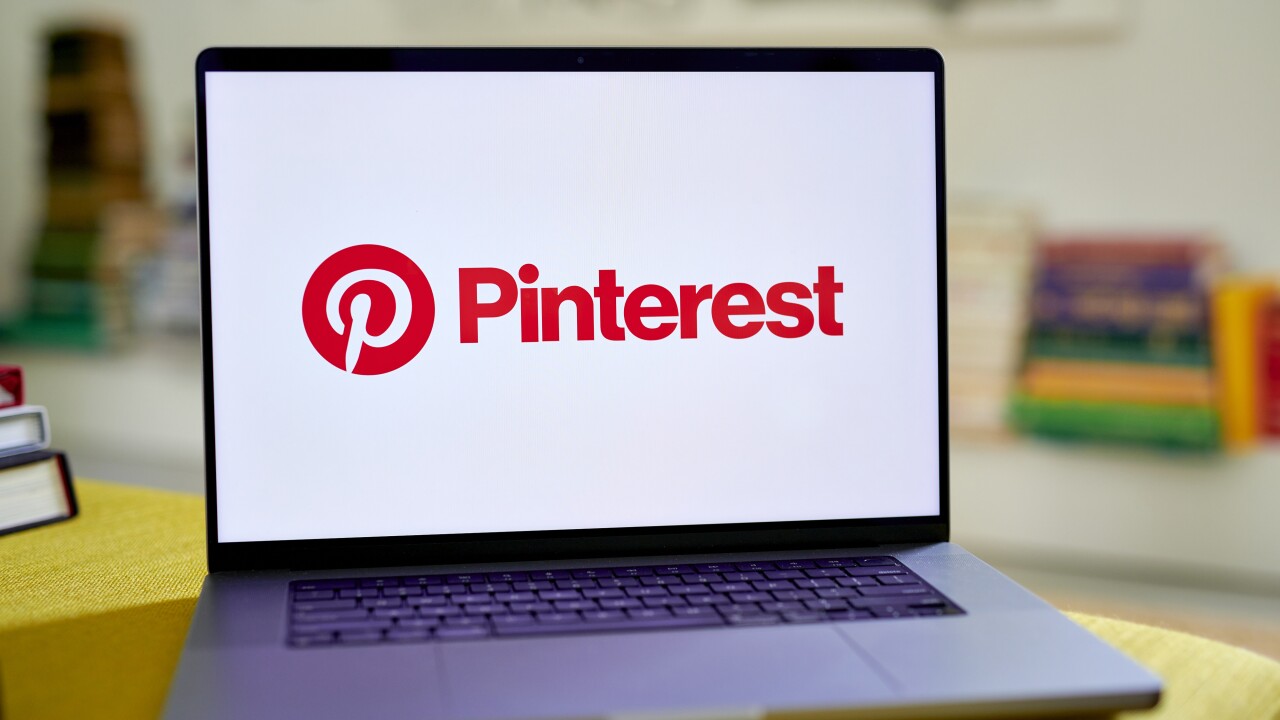The emergence of public and private health insurance exchanges, as well as the ongoing shift toward placing more responsibility on workers for health plan decisions, is creating a new normal for employers and employees alike.
As the Affordable Care Acts public health exchanges boasted roughly 8 million enrollees during its first signup period, and the Small Business Health Options Program marketplaces are expected to be fully operational by years end, the introduction of choice to employee populations is a major disruptor, says Paul Lambdin, a director at Deloitte Consulting.
Along with the state and federally run public exchanges, and the evolving private exchange marketplace, choice-oriented insurance markets are shifting the onus on employees to make key cost decisions. High-deductible health plans and consumer-driven health plans have been a fundamental component of the health care industry as employers have moved away from assuming full responsibility for employee health care.
Also See:
There is more skin in the game for the employee and the individual, says Lambdin.
The ACA requires improved transparency among health care quality and price data, components that are projected to allow consumers to make better choices. According to Susan Novak, senior manager at Deloitte Consulting, this will ultimately lead to the unleashing [of] a more efficient market system.
She explains that the increase in the availability of cost data, and overall data in general, will allow employee populations, and individuals for that matter, to make more informed decisions.
Also See:
Out-of-pocket spending on health care, meanwhile, has increased for all age groups, including more than 40% for millenials, Gen Xers, baby boomers and seniors over the last 12 months, according to Deloitte data.
More importantly, more individuals are refusing to use the benefits of their plan coverage to manage these escalating costs. For instance, 33% said in a prior Deloitte survey that they used home remedies or over-the-counter medicines to treat their illness rather than visit their physician.
Even more astonishing is the active nature many millennials are taking with regards to their health plan coverage. Deloitte finds that those born between 1982 and 1995 were more likely to look up costs and negotiate prices with their providers, indicating an area where insurance companies and benefit plan sponsors should consider directing more attention.
As the consumer is taking on more costs, I think they will be searching and demanding more quality care, says Novak.





